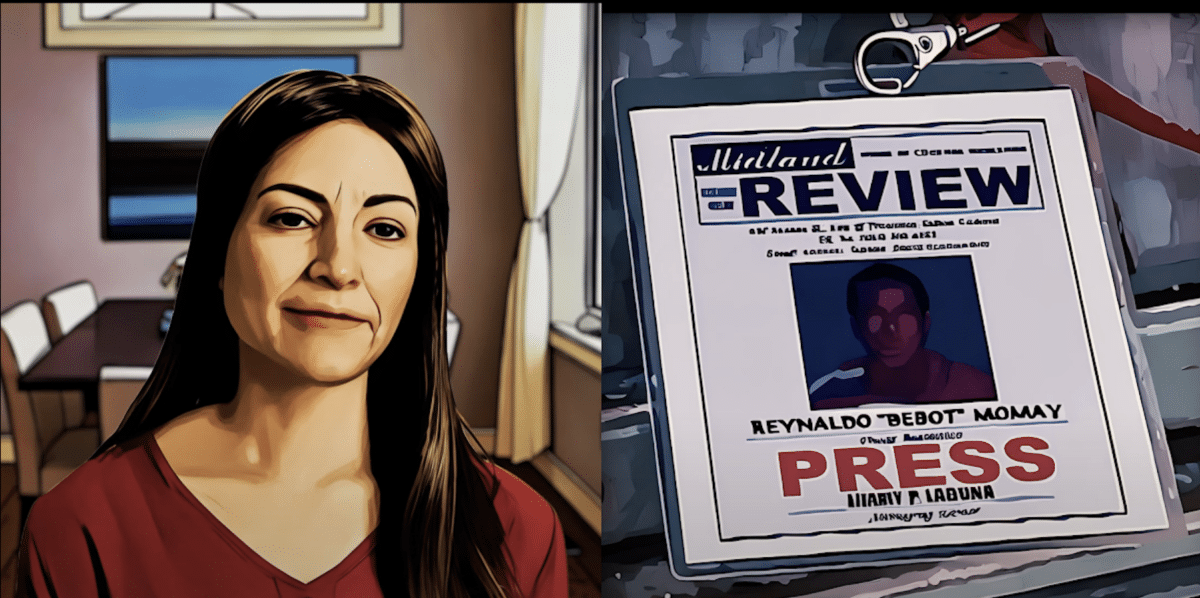Glaiza de Castro leads ‘58th,’ film on Maguindanao massacre

Glaiza de Castro leads ’58th’ film on Maguindanao massacre | Image: Screengrab from YouTube/GMA Pictures
To mark the 15th anniversary of the Maguindanao massacre this year, Glaiza de Castro is set to headline the upcoming film “58th.”
On Saturday, Nov. 23, GMA Pictures released the first teaser of the film, giving animated snippets from the crime scene. One clip showed the press ID of Reynaldo Momay.
“Tatay ko si Reynaldo Momay (My father is Reynaldo Momay), ang (the) 58th victim of the Maguindanao massacre,” said de Castro in the trailer.
Aside from de Castro, Ricky Davao, Mikoy Morales, Biboy Ramirez, Marco Masa, and Zyren Dela Cruz are also part of the cast line-up.
Based on GMA’s Instagram caption, “58th” will explore the Momay’s family heed for justice.
Article continues after this advertisement“Ang karumal-dumal na krimeng gumimbal sa buong mundo labing limang taon na ang nakararaan. May isang pamilya na patuloy pa ring naghihintay ng katarungan,” it read. (The heinous crime that shocked the world fifteen years ago. There is a family that is still waiting for justice.)
Article continues after this advertisementCarl Joseph Papa directed “58th”. He is also known for his work “Iti Mapukpukaw” (The Missing), the 2023 Cinemalaya Best Picture.
“Iti Mapukpukaw” was chosen to be the official Philippine entry to the Oscars’ best international feature film competition last year. It is the first time that an animated feature film from the country has been chosen as an entry to the Academy Awards.
Despite falling short to make it to the final cut of films vying for the international award, “Iti Mapukpukaw” received critical acclaim and awards from others, including Gawad Urian for Best Picture, Best Animation, and Best Sound
Meanwhile, the Maguindanao massacre occurred in the fields of Sitio Masalay, Maguindanao, on Nov. 23, 2009. It is considered the deadliest attack on journalists worldwide.
The attack was allegedly orchestrated by members of the Ampatuan clan, who sought to maintain control over the province, as they ambushed a convoy of vehicles, carrying family members, journalists, and supporters of Esmael “Toto” Mangudadatu, who was filing his candidacy for governor at the time.
Fifty-eight people were brutally killed, including 32 journalists and media workers; however, one of the bodies missing.
The massacre drew global outrage. To this day, it underscores the challenges of upholding justice and protecting press freedom in regions dominated by political dynasties.